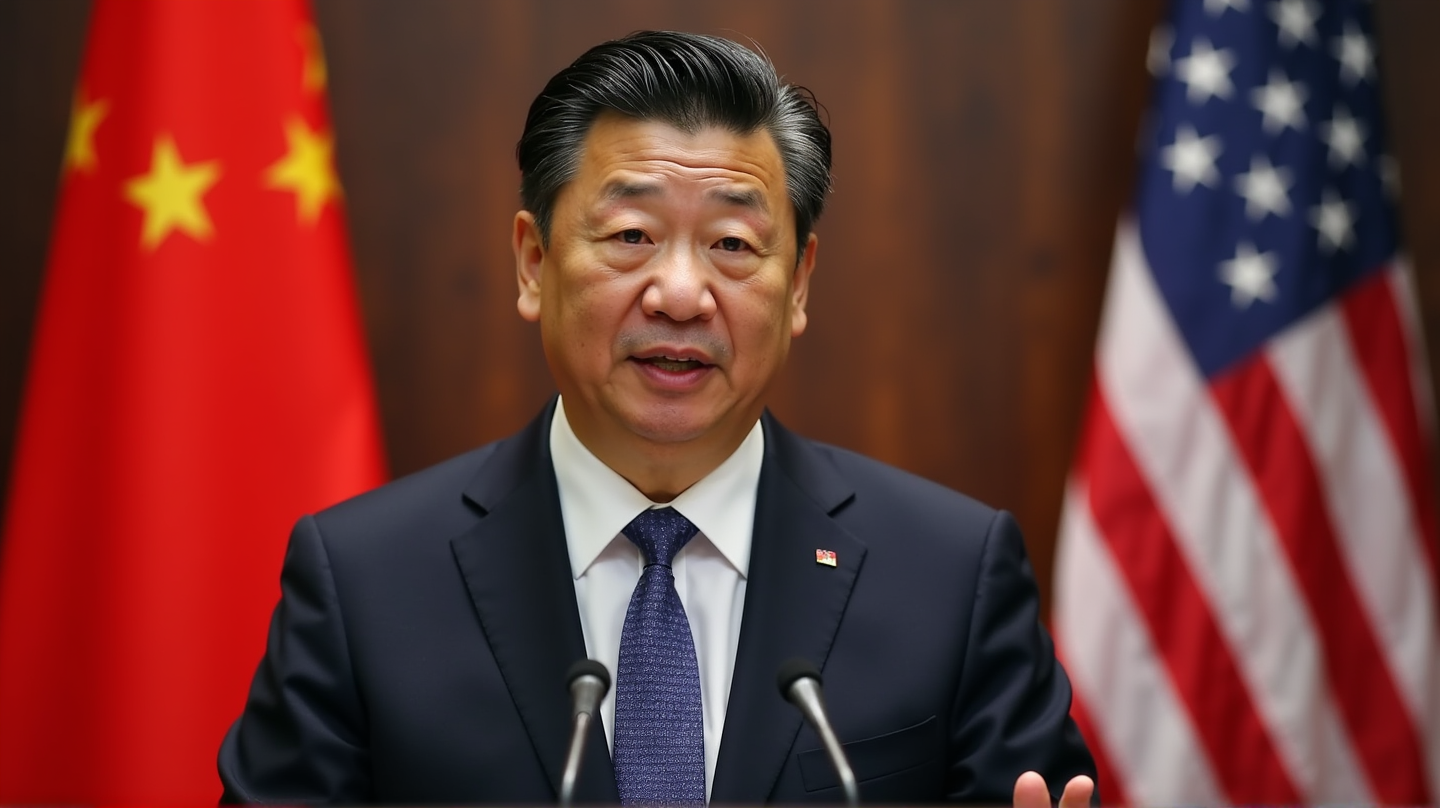The geopolitical landscape becomes ever more intricate as China stands firm in its response to recent U.S. tariff propositions. In a poignant statement, Chinese Foreign Minister Wang Yi declared, “China does not participate in wars or plot them,” addressing President Donald Trump’s call for NATO and allies to cease Russian oil imports and levy hefty tariffs on China.
Trump’s 100% Tariff Proposition
President Trump’s assertive demand for tariffs ranging from 50% to 100% targets those nations supportive of Russian oil. While the U.S. has already implemented such measures against India, China – a key Russian ally – remains unaffected so far. This political maneuvering has stirred widespread discussion, drawing attention to China’s unwavering alliance with Russia and raising questions about the effectiveness and intentions behind these tariffs.
Wang Yi’s Call for Peace
Highlighting a diplomatic approach, Wang Yi reiterated, “War cannot solve problems, and sanctions only complicate them.” His statement, interwoven with calls for lasting peace, underlines Beijing’s perspective on resolving international conflicts, contrasting sharply with Trump’s rhetoric. As Wang spoke in Slovenia, he emphasized the complexity sanctions bring without necessarily achieving the desired outcomes.
NATO’s Oil Dilemma
This development occurs amid NATO’s broader struggles with Russian oil dependency. Trump expresses dismay over NATO members’ continued oil purchases, labeling them “shocking” and accusing it of weakening the alliance’s bargaining power over Russia.
The Polish Drone Incident
Tensions escalate following an incident involving Russian drones breaching Polish airspace, sparking fears of further escalations in the region. Despite Poland’s defense successfully neutralizing the threat, questions linger about Russia’s intentions, with U.S. Secretary of State Marco Rubio describing the incursion as “unacceptable, unfortunate, and dangerous.”
The Future of U.S.-China Relations
As Trump intensifies rhetoric through his social media, the world watches closely for any shifts in U.S. foreign policy. While it remains unclear whether more direct confrontations will occur, especially towards Turkey or Hungary, this situation meticulously tests international diplomacy and the future of U.S.-China relations.
As stated in Hindustan Times, the tensions surrounding these geopolitical strategies have captured global attention, highlighting the intricate dance of power, diplomacy, and economic influence.
